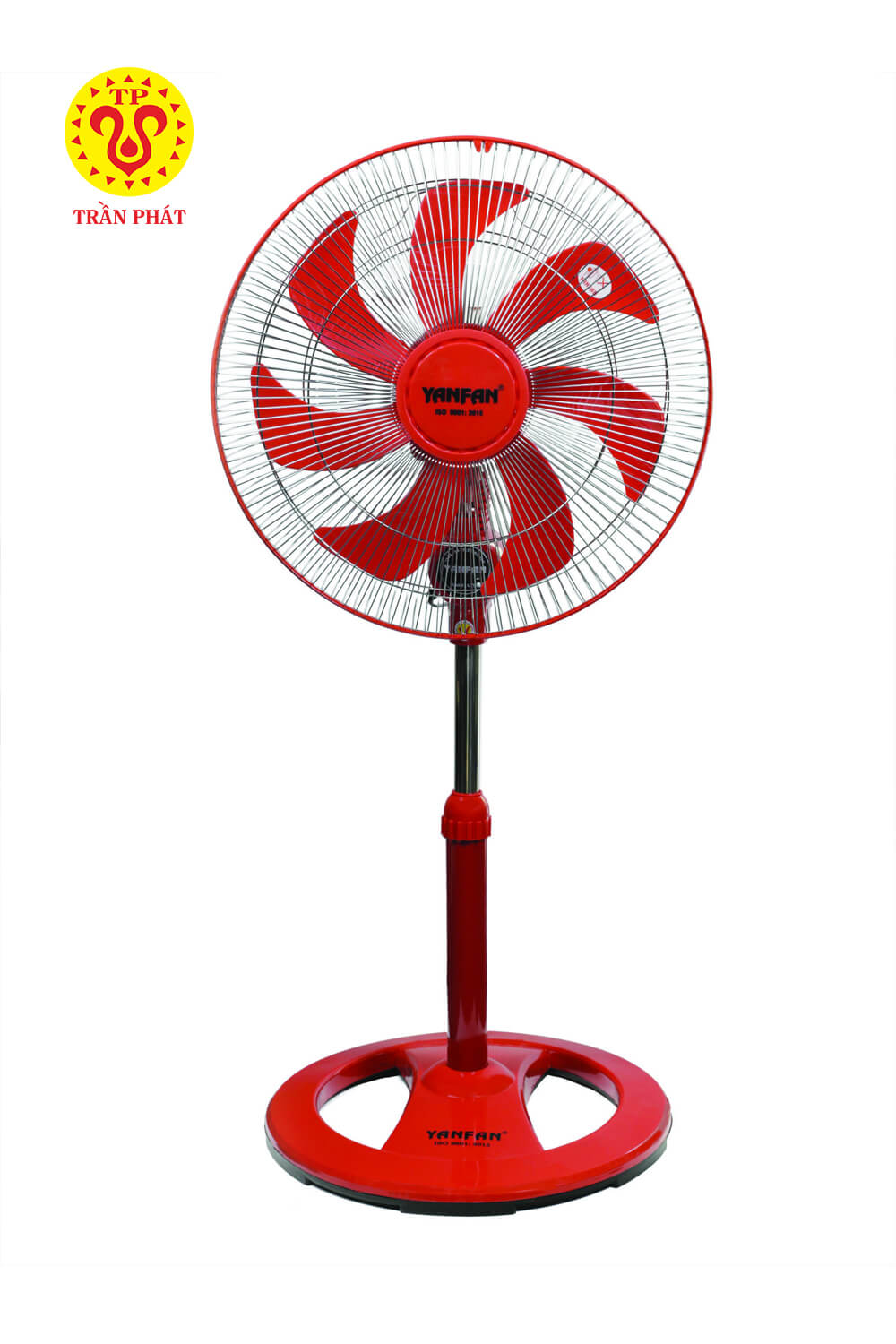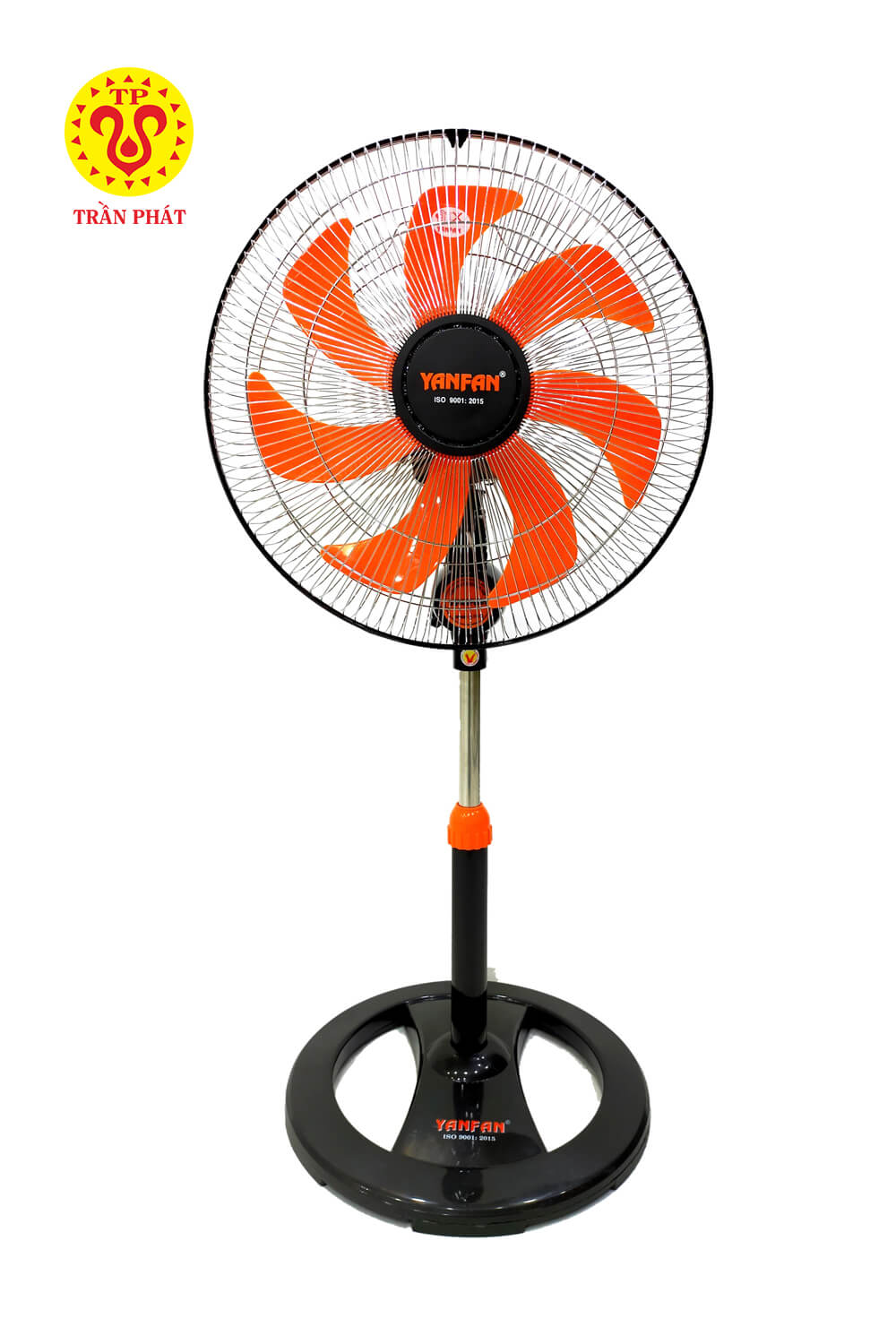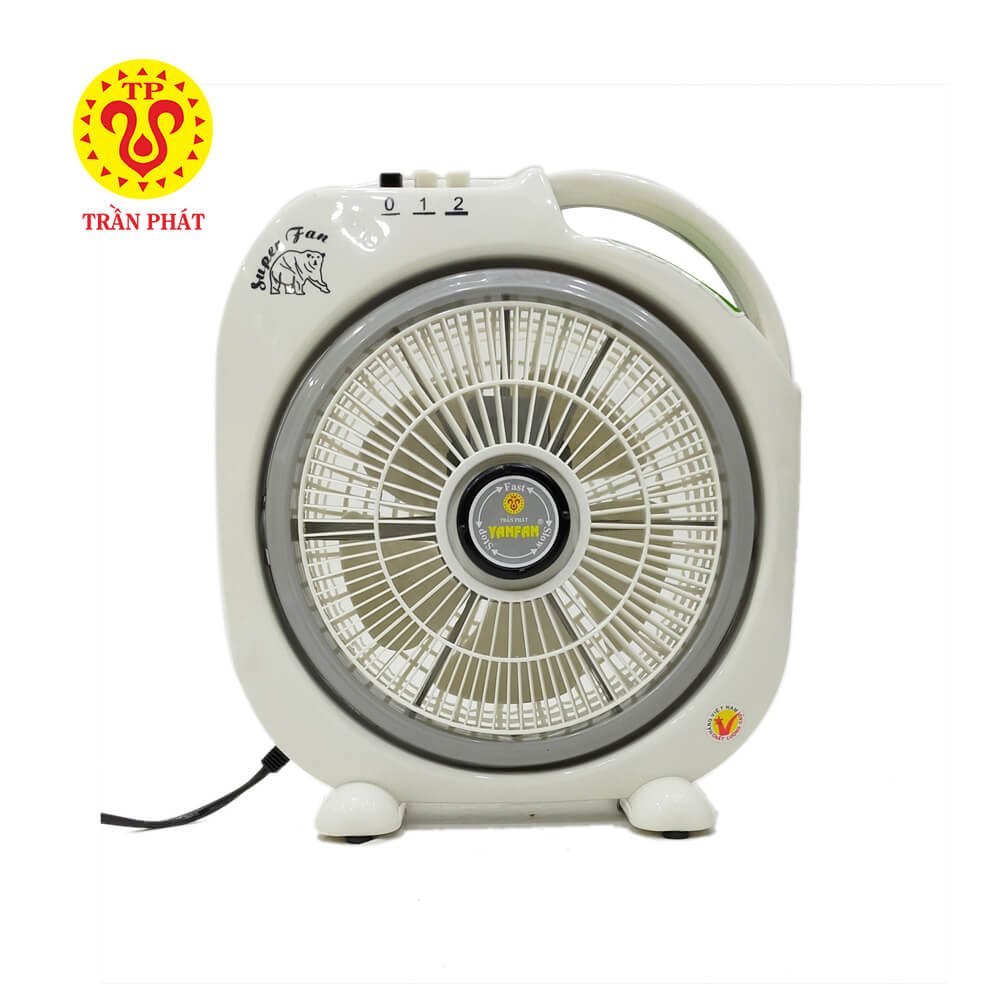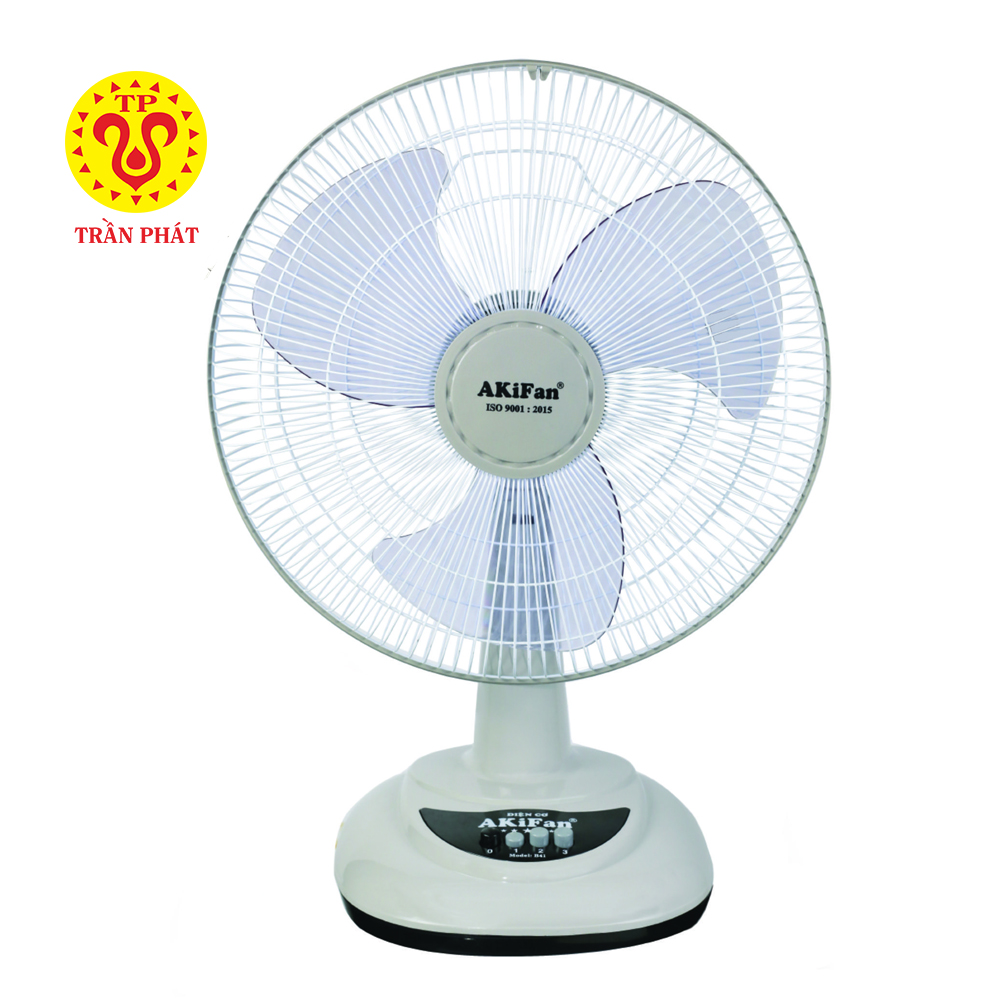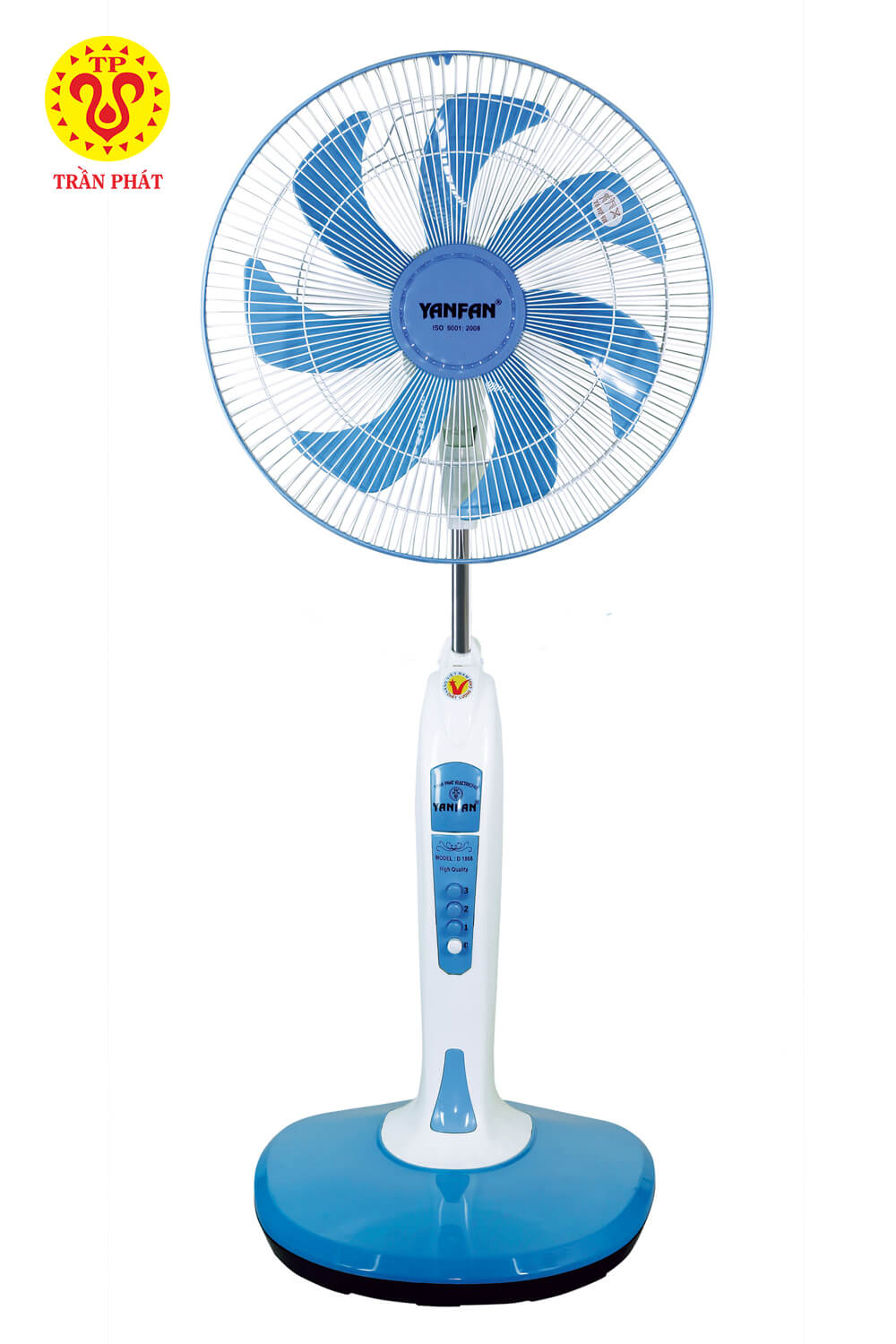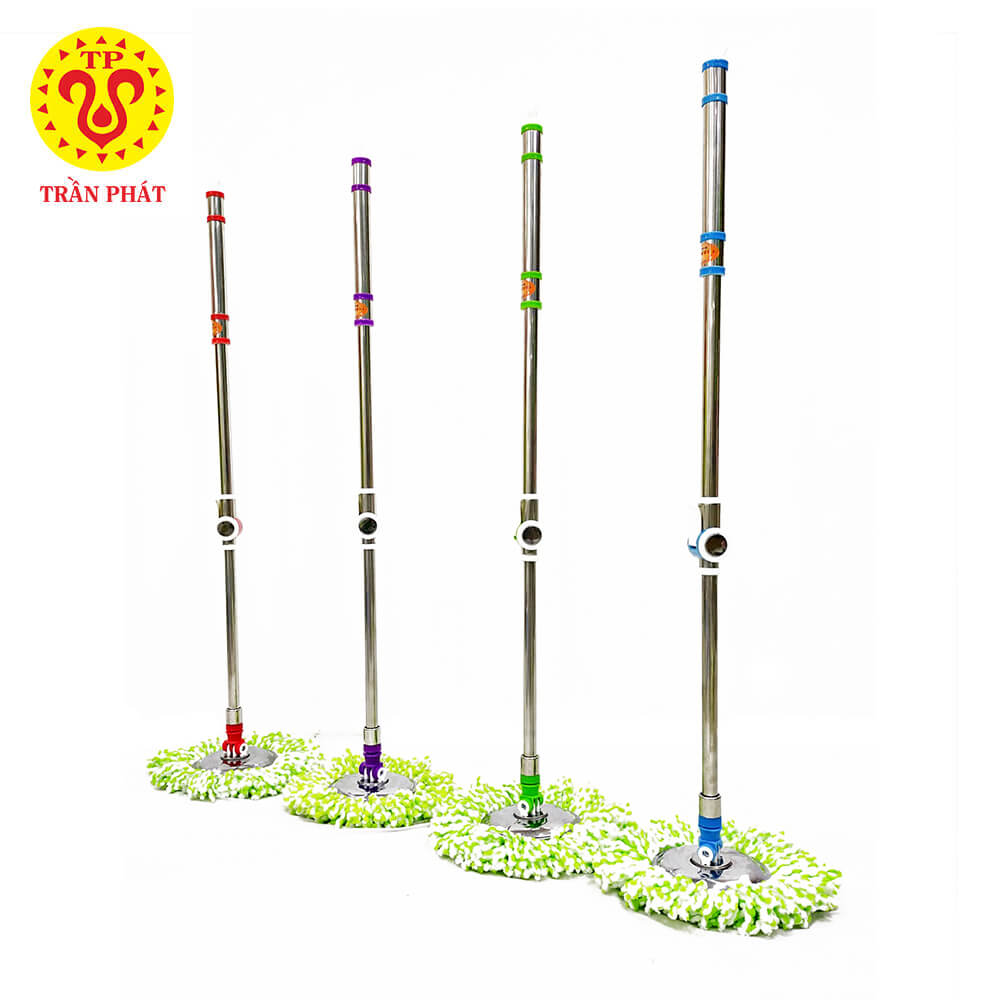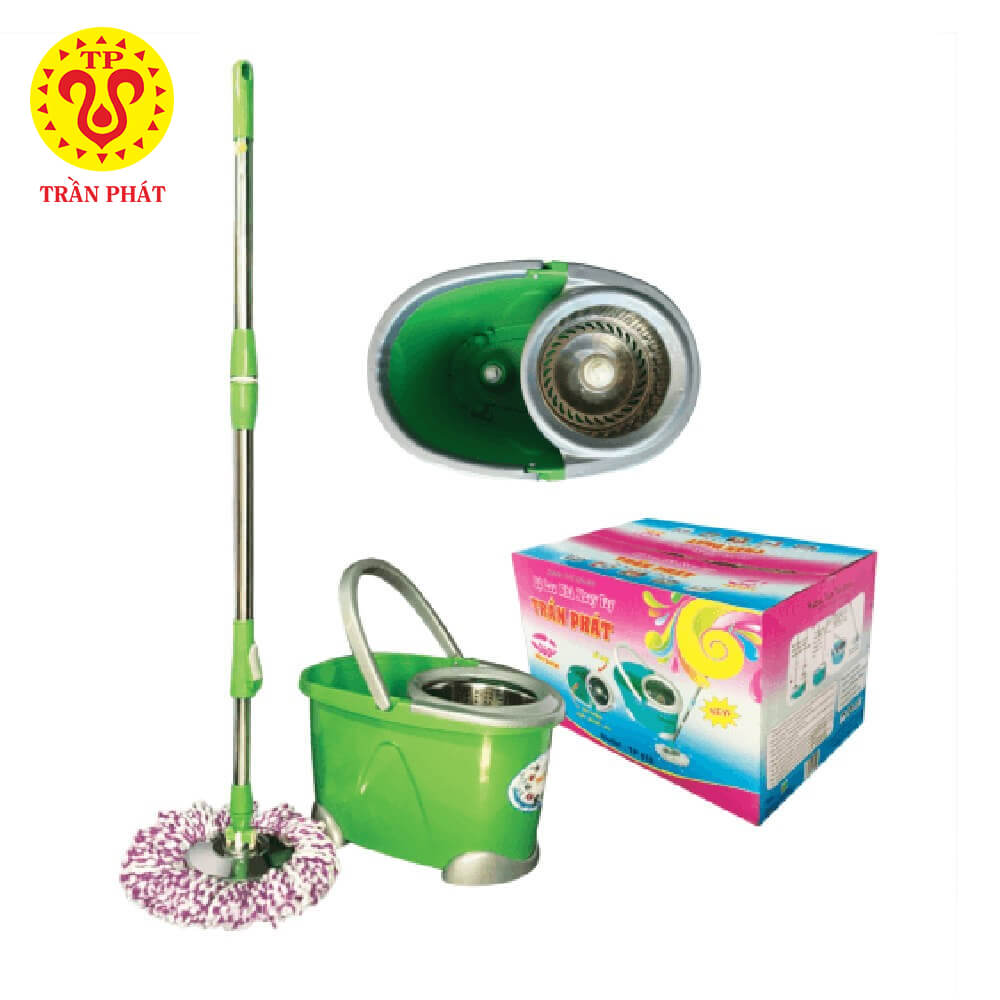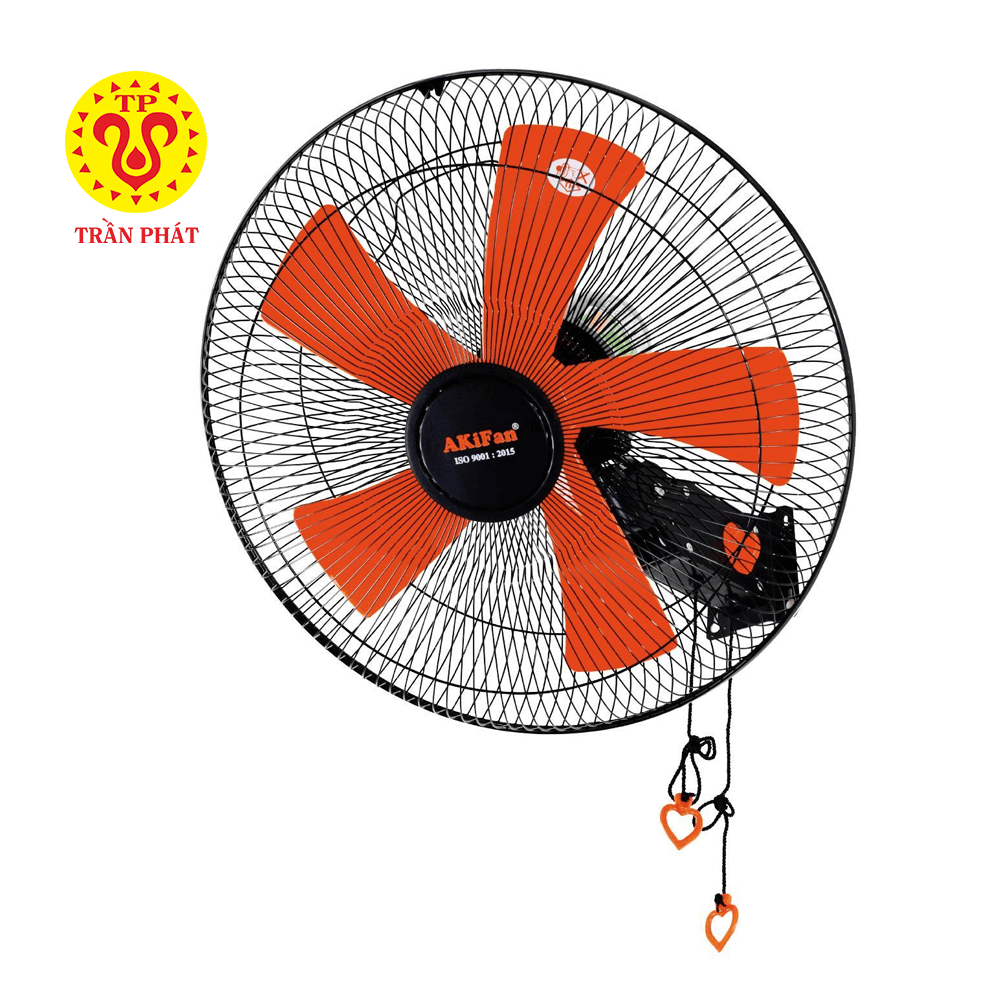The same device is used for cooling, but the fan and air conditioner are not exactly the same. There are many differences between these two devices. Specifically, that is what Tran Phat will share below.
Mục lục
1. Capacity of fans and air conditioners
The capacity of fans and air conditioners will depend on many different factors. Including design, size, technology, performance and energy efficiency. However, generally, the capacity of the air conditioner fan and air conditioner can be determined by the following specifications:
1.1. Fan power
The power of the fan is measured in watts (W). The wattage of a typical fan is usually between 30W and 100W depending on the type and size of the fan.
1.2. Air conditioner capacity:
The capacity of the air conditioner is measured in British Thermal Units (BTU) or kilowatts (kW). Air conditioners have a typical capacity of 5,000 BTU (about 1.5 kW) to 60,000 BTU (about 17.5 kW) depending on the size and performance of the unit.
READ MORE: CEILING FAN AND ITS ADVANTAGES
2. Energy consumption of air conditioner fans and air conditioners
The level of electrical energy consumption of fans and air conditioners will depend on many different factors. Including design, size, technology, performance and usage level. However, generally, the energy consumption of air conditioner fans and air conditioners can be determined by the following specifications:
2.1. Fan power consumption:
The power dissipation of a typical fan ranges from 30W to 100W, depending on the type and size of the fan. Energy-saving fans use modern technology such as DC motors, which typically consume 70% less energy than conventional fans.
2.2. The energy consumption of the air conditioner:
The energy consumption of an air conditioner is measured in watts (W) or kilowatts (kW). Air conditioners can consume from 500 W to more than 3000 W. Depending on the size, capacity and performance of the machine.
Energy-saving air conditioners equipped with Inverter technology use variable speed motors, saving up to 30% of energy compared to conventional air conditioners.
To save energy and electricity costs, users need to choose energy-saving products or use them properly. For example, only use the air conditioner when absolutely necessary. Choose the right temperature and settings for each use environment, clean and maintain periodically to maintain machine performance.
3. About the design
The designs of fans and air conditioners are different to meet different requirements and uses.
3.1. Design of fan:
The fan consists of a propeller that rotates to create a flow of air and push the air to the surroundings. The design of a conventional fan is simple with the main components including the motor, the propeller and the chassis. Fans can be designed to be floor standing, wall-mounted, or desk-mounted, depending on their intended use.
3.2. Design of the air conditioner:
Air conditioners use a refrigeration system to condition the air in the room and produce cool air. The design of an air conditioner is more complicated than an air conditioner fan. Consists of many major components such as compressors, chillers, fans, air filters and controls. The air conditioner is designed for indoor installation and can be wall-mounted or floor-mounted.
4. Uses of the product
The use of fans and air conditioners varies, depending on the purpose of use and the needs of the user.
4.1. Uses of the fan:
Fans are used to generate airflow and push air to the surroundings. This helps to cool the room, reduce humidity and improve ventilation. Fans can also be used to generate airflow to eliminate odors or aid in the drying process.
4.2. Uses of the air conditioner:
Air conditioners can be used to cool the air in a room, reducing humidity. Clean the air and create a more comfortable living environment. Air conditioners can also be used to retain moisture in dry weather conditions. Helps relieve health problems associated with dry skin and respiratory problems.
Air conditioners also help reduce noise and dust levels. Improve indoor air quality and provide a safer and more comfortable living environment.
5. Principle of operation
Fans and air conditioners operate on completely different principles:
5.1. Working principle of fan:
Fan is a device used to generate air flow through the movement of blades. When the fan is turned on, the blades rotate creating air pressure. Push the air in the front and draw the air in the back, forming the airflow. Fans can be improved using wind generation techniques such as rotating blades, wind speed and direction control systems.
5.2. Working principle of air conditioner:
An air conditioner is a device used to regulate the temperature and humidity of the air in the living environment. The principle of operation of the air conditioner consists of 4 steps:
- Step 1: Draw air from the outside into the machine through the air filter to remove dust and bacteria.
- Step 2: Adjust the temperature by absorbing heat from the air and transferring it to the outside environment, creating colder air.
- Step 3: Adjust the humidity by cooling the air and taking water vapor from the air to increase the humidity of the air.
- Step 4: Push the treated air to the living environment to create cooler and cleaner air.
READ MORE: USE FAN TO CREATE CLEAN AIR AND REDUCES POLLUTION
It is the same cooling device, but the fan and the air conditioner are completely different. From design to function, use, to the principle of operation of the product is also completely different. To buy a good quality fan, please contact Tran Phat at the hotline: 028.5407.7633 – 028.62695792.
FOR MORE INFORMATION PLEASE CONTACT
TRAN PHAT PRODUCTION – TRADING – SERVICE ONE MEMBER CO., LTD
🏢 346A Tan Hoa Dong, Binh Tri Dong Ward, Binh Tan District, City. HCM City
☎️ Hotline: 028.5407.7633 – 28.62695792
📧 Email: info@tranphat.net.vn
🌐 Website: https://tranphat.net.vn
🇫 Fanpage: https://www.facebook.com/congtytranphat
🗾 Maps: https://g.page/r/CaRJcQ1kHoBrEBA



 Wall Fan
Wall Fan Orbit Fan
Orbit Fan Slide Fan
Slide Fan Stand Fan
Stand Fan Box Fan
Box Fan Ventilation Fan
Ventilation Fan Industrial Fan
Industrial Fan Wall Fan
Wall Fan Orbit Fan
Orbit Fan Desk Fan
Desk Fan Slide Fan
Slide Fan Stand Fan
Stand Fan Box Fan
Box Fan Mop Kit
Mop Kit Mop
Mop